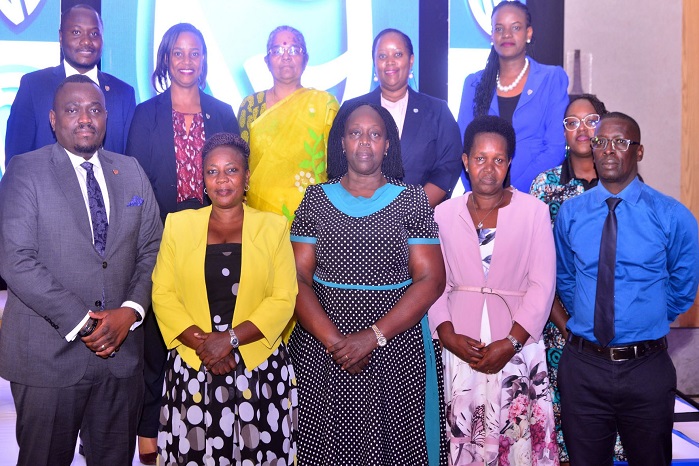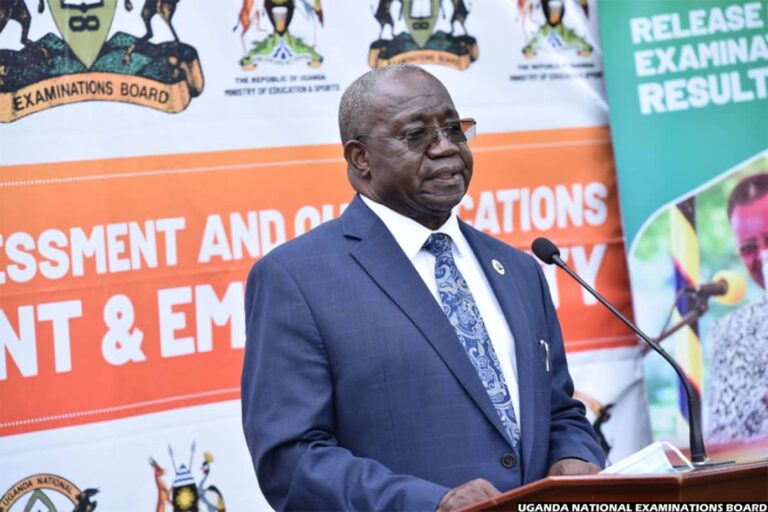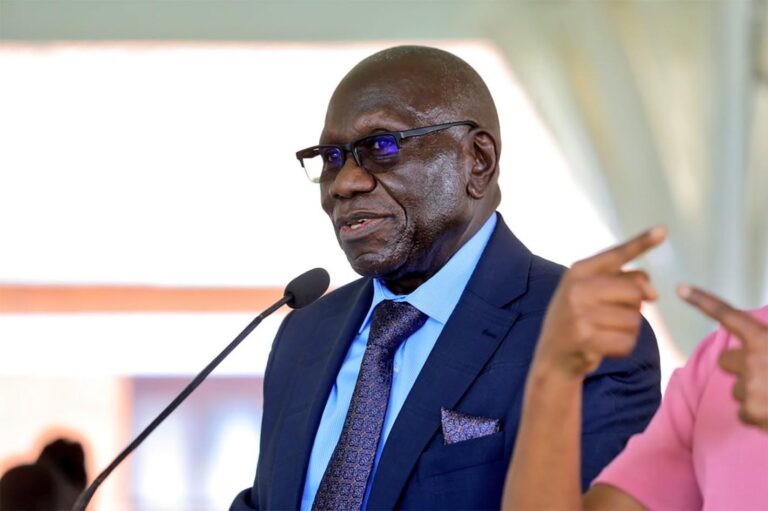
HABARI DAILY I Kampala, Uganda I A new Mobile Dollar Account solution for international schools operating locally, has been unveiled to enable them transact easily.
International schools in Uganda have faced challenges collecting school fees in foreign currencies, often incurring losses due to unpredictable exchange rates and conversion fees.
Tunde Thorpe, the Stanbic executive head, Business Commercial Banking (BCB), said the innovative solution was born out of direct feedback they received from stakeholders last year.
“We believe that meaningful investment in the education sector is not only strategic, but essential for national development, he said, adding that with this Mobile Dollar Account, parents in and outside the country can conveniently send and pay school fees using their FlexiPay app.
This was during a recently held Stanbic International Schools Breakfast Meeting held at Four Points Hotel in Kampala under the theme “Partnering for Growth.”
It brought together school proprietors, banks and parents.
Thorpe added that while the government continues to invest in the education sector, it is clear that the private sector also has a vital role to play in creating opportunities for the youth to receive quality education.
“In today’s interconnected world, we can no longer limit ourselves to a solely local curriculum. For Uganda to make a meaningful impact on the global talent landscape, it is essential that our children receive a strong foundational education, such as the international curricula offered by well-grounded institutions.”
He added that this strategic approach will position Uganda as a feeder for global talent from an early stage, opening up endless opportunities for our nation.” Tunde said.
The new facility which is available on the FlexiPay platform makes it easier for parents to pay tuition fees to international schools.
Thorpe said the schools can now receive fees directly in United States dollars, thus reducing the transaction costs and inconvenience of carrying out physical currency conversions.
Harriet Senkali, the acting Commissioner for Private Schools at the Ministry of Education and Sports, welcomed the development. She said it strengthens the competitiveness of Uganda’s international schools on the global stage.
“Uganda currently boasts 79 international schools offering various international curricula. Therefore, supporting these institutions with credible financial solutions is critical. Many schools struggle and close due to operational challenges that can be resolved through partnerships like this,” she said.
Albert Yiga, the Stanbic Bank Manager for the Education Sector described education as the heartbeat of the economy.
“It acts as the breeding ground for future leaders. It’s worth supporting since it produces huge dividends in the long run,” he said.
He pointed out that the support they extend to education institutions include infrastructure loans, vehicle and asset financing, insurance solutions, and the Flexi Loan of up to sh500m.
“We are committed to empowering schools, parents, and the broader education ecosystem,” he said.
Uganda’s education sector is significant, with an estimated 15 million children enrolled in schools, including 10 million in primary education. The sector faces challenges with funding, quality, and access, particularly at the secondary and higher education levels.
While the government provides free education at the primary level (UPE) and post-primary level (UPPET), the sector is struggling to meet the needs of the growing student population.




